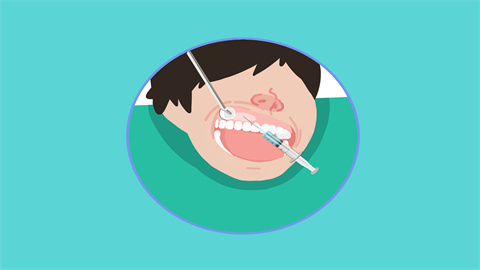Can I rinse my mouth with salt water after tooth extraction?
Generally, whether salt water rinsing can be used after tooth extraction depends on the specific time elapsed since the procedure and the healing condition of the wound. If discomfort occurs, it is recommended to consult a doctor promptly. The detailed analysis is as follows:

If more than 24 hours have passed since the tooth extraction, and there is no ongoing bleeding or swelling at the surgical site—only mild swelling or discomfort—rinsing with salt water is generally acceptable. At this stage, a blood clot has typically formed at the wound site. Gently rinsing with warm saline can help clean the mouth, reduce the risk of infection caused by food debris accumulation, alleviate minor local inflammation, maintain a clean environment around the wound, and promote healing. However, care should be taken to ensure the salt concentration is not too high, and the water temperature should be warm and non-irritating.
If less than 24 hours have passed since the extraction, or if the wound still shows obvious bleeding, fluid discharge, or increasing redness and pain, salt water rinsing is not recommended. In the early post-extraction phase, the blood clot at the wound site has not yet stabilized. Rinsing may dislodge the clot, potentially leading to "dry socket," prolonging healing time, and possibly worsening bleeding or infection. During this period, all rinsing and brushing near the area should be avoided; only gentle swallowing of saliva is allowed to maintain basic oral cleanliness.
When using salt water for rinsing, prepare it with warm boiled water at a ratio of approximately 1 part salt to 500 parts water. Swish gently in the mouth for about 30 seconds, then spit it out, taking care not to apply strong pressure near the wound. Rinsing 2–3 times daily is sufficient; excessive rinsing is unnecessary. If increased bleeding, intensified pain, foul odor, or pus appears after rinsing, discontinue use immediately and seek medical attention promptly to prevent worsening infection.




